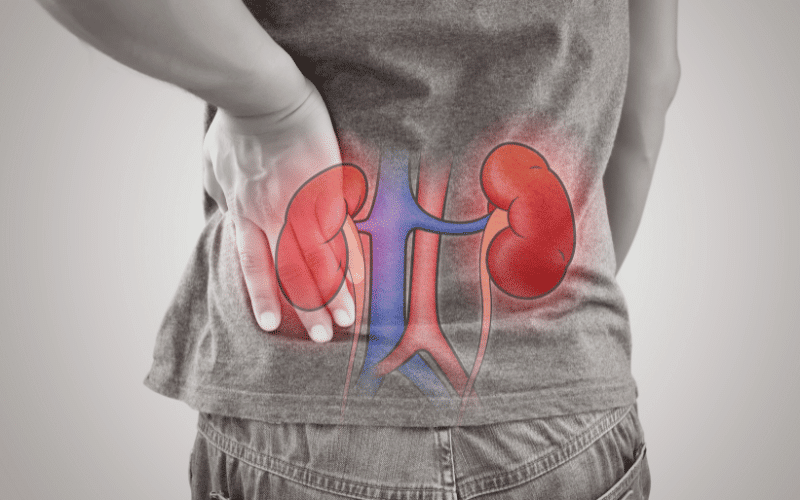Introduction: Recognizing Renal Failure Early Can Save Lives
Kidney or renal failure is a potentially life-threatening condition that can sneak up on you if you’re not aware of the warning signs. Early detection and treatment are crucial for preventing irreversible damage to these vital organs. In this article, we’ll discuss 15 signs of renal failure you should watch out for, so you can take action before it’s too late.
A Silent Threat: The Importance of Understanding Renal Failure Symptoms
Renal failure can be both acute and chronic, with each type presenting different symptoms and requiring different approaches to treatment. Acute renal failure, also known as acute kidney injury, can develop suddenly and is often reversible if caught early. Chronic renal failure, on the other hand, is a long-term condition that can progress over time, leading to end-stage renal disease if left untreated.
In either case, knowing the signs and symptoms of renal failure is essential for early intervention and preventing further damage. As kidney function declines, a range of symptoms may emerge, some of which may not seem directly related to the kidneys themselves. By understanding these symptoms, you’ll be better prepared to recognize renal failure and seek appropriate medical attention.
The Role of the Kidneys: A Brief Overview
Before we delve into the signs of renal failure, it’s important to understand the crucial functions performed by the kidneys. These bean-shaped organs, located near the middle of your back, are responsible for filtering waste products and excess fluids from your blood, maintaining proper electrolyte balance, and producing hormones that regulate blood pressure and red blood cell production. When kidney function is compromised, these processes can be disrupted, leading to the symptoms we’ll discuss below.

Sign 1: Fatigue and Weakness
Fatigue and weakness are common symptoms in the early stages of renal failure. When your kidneys are not functioning properly, they struggle to remove toxins and waste from your bloodstream. This can lead to a buildup of harmful substances, which in turn can leave you feeling drained and exhausted, even after a full night’s sleep.
The inability to remove waste products efficiently can also affect the production of erythropoietin, a hormone responsible for stimulating the production of red blood cells. As a result, the number of red blood cells decreases, causing anemia and contributing to the fatigue experienced by those with kidney disease.
Furthermore, the kidneys play a role in maintaining the balance of electrolytes, such as sodium, potassium, and calcium, which are necessary for muscle function. When kidney function declines, the electrolyte balance can be disrupted, leading to muscle weakness and fatigue. Keeping an eye out for these early signs of renal failure is crucial for timely intervention and treatment. (1)